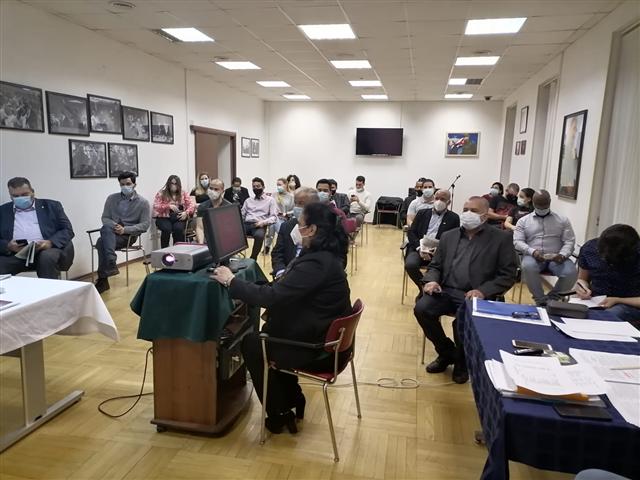The meeting, which took place at the Cuban diplomatic mission and was chaired by Ambassador Julio Garmendia, brought together students from the State University of Linguistics, the Lomonosov State University, the State University of Civil Engineering and the State Technical University of Automotive and Highway Transport, all in Moscow.

Other Cuban students analyzed the bill at the State University of Oil and Gas in Ufa, the capital of the Russian Republic of Bashkortostan. Since the establishment of the Electoral Constituency Commission on January 27, the Cuban Embassy in Russia has created eight voting stations and 20 meeting points in the country to debate the Family Code Bill.

Approved by the National People’s Power Assembly of Cuba (Parliament), the document is the result of the processing and analysis of the more than 500 opinions collected during the specialized consultations in September and October 2021 in 47 institutions and organizations throughout the country.
According to Cuban Minister of Justice Oscar Silveira, the document under discussion is characterized by its multidisciplinary vision regarding the protection of families and is an expression of the constitutionalization of Family Law.
jg/mem/mml










